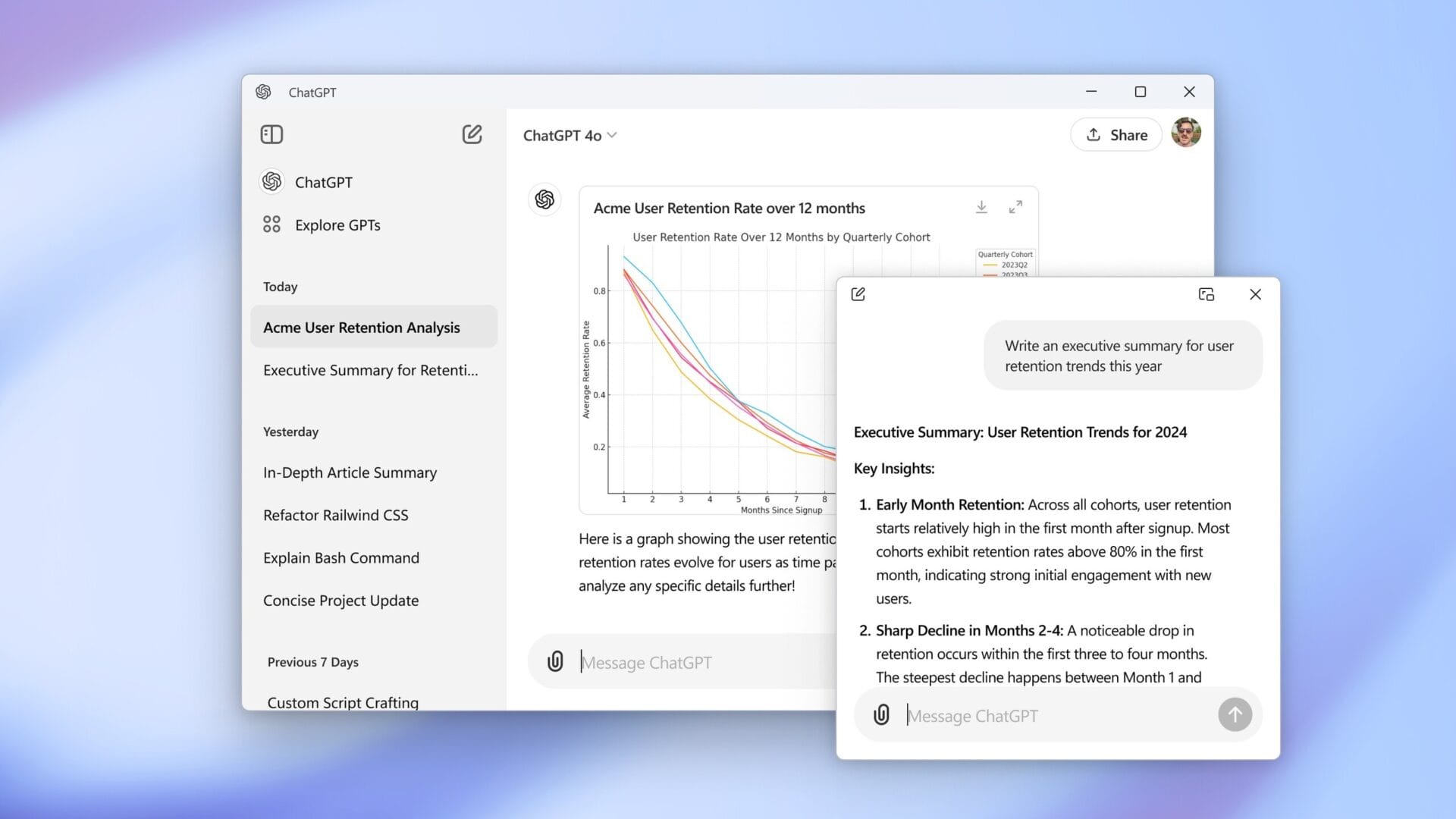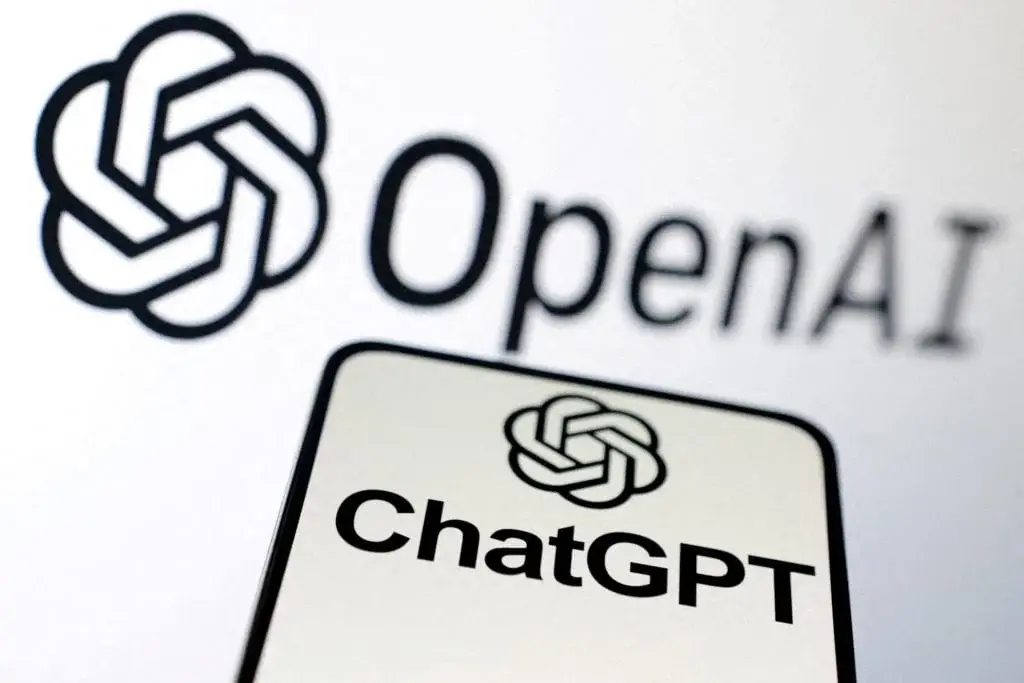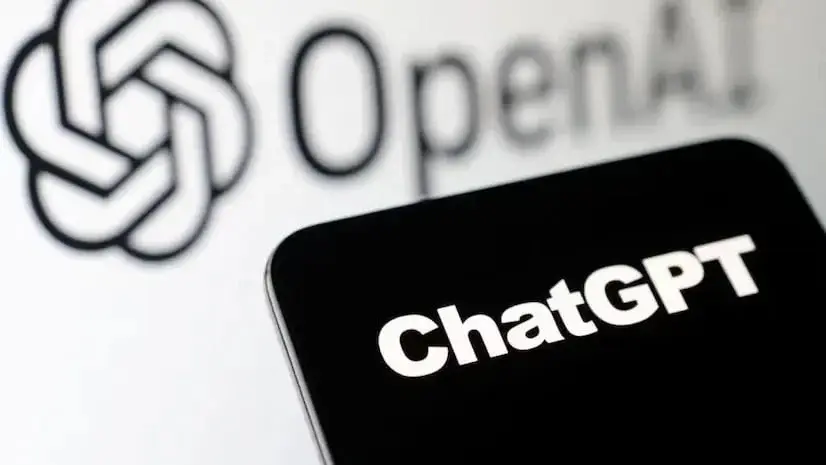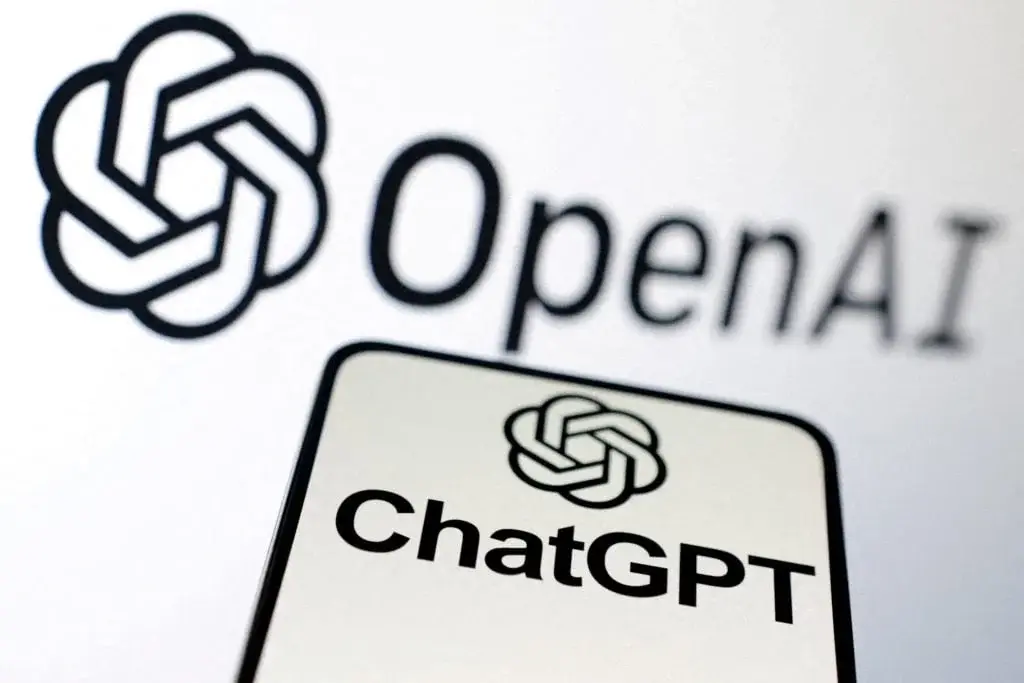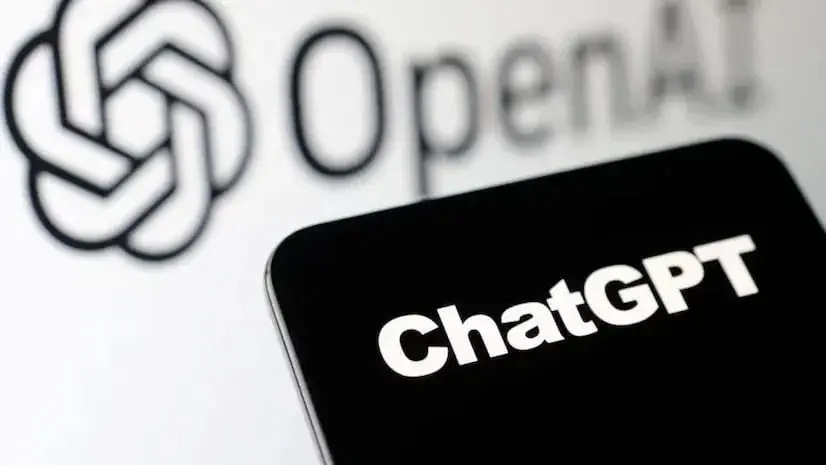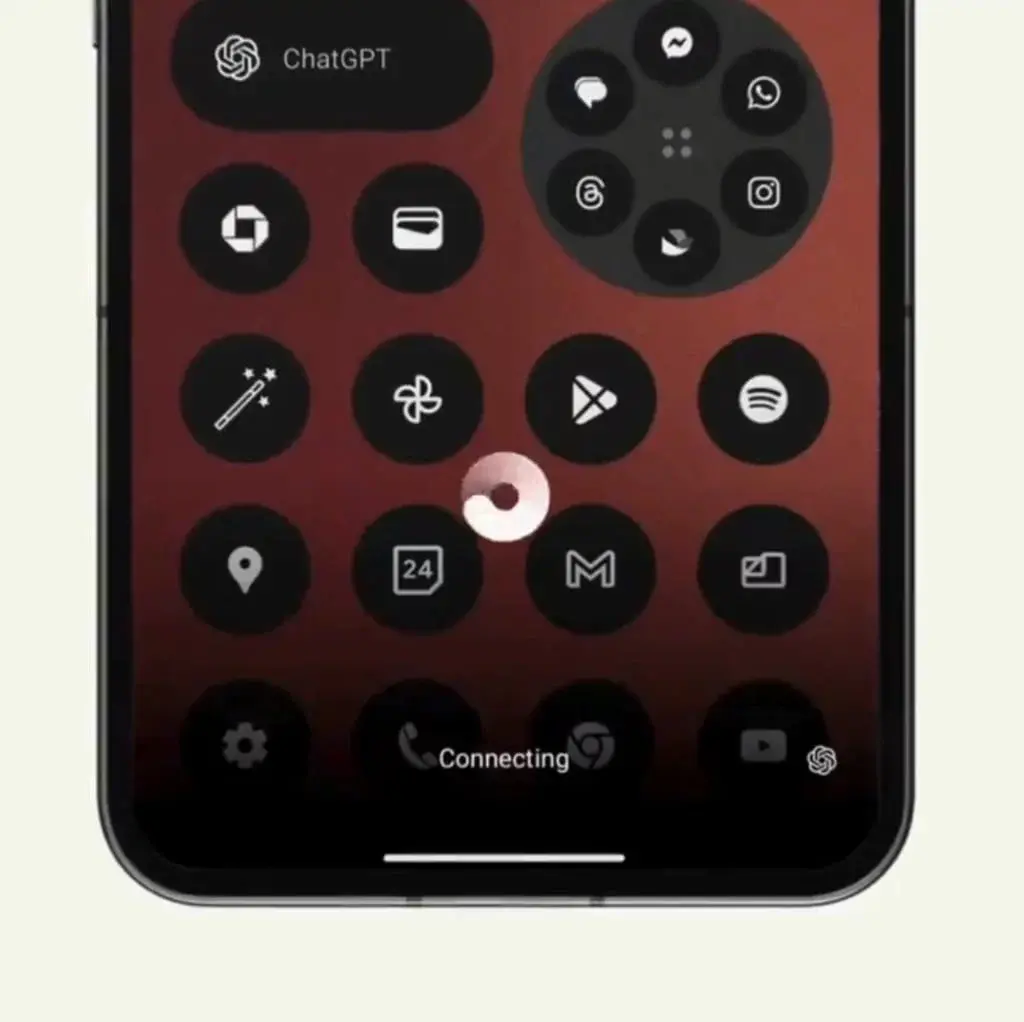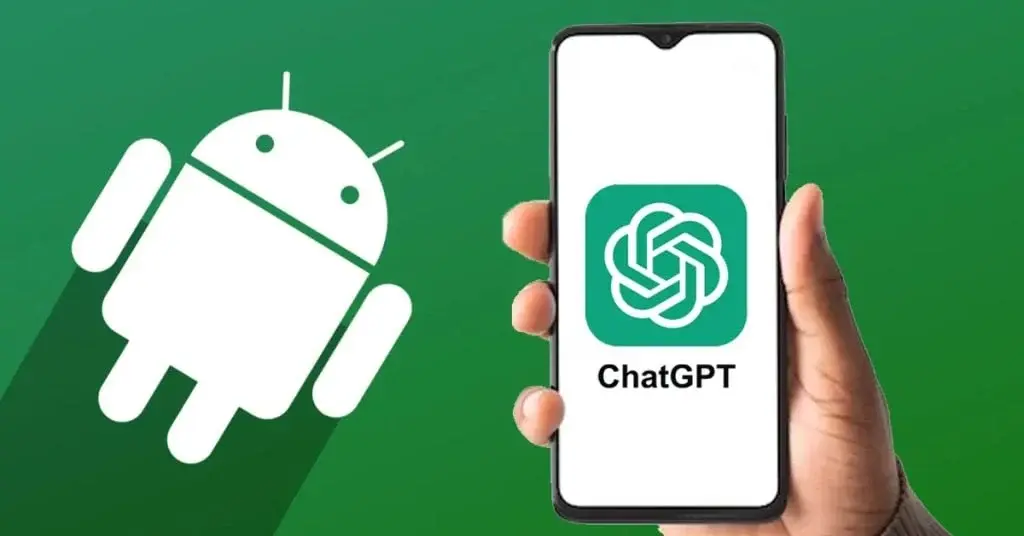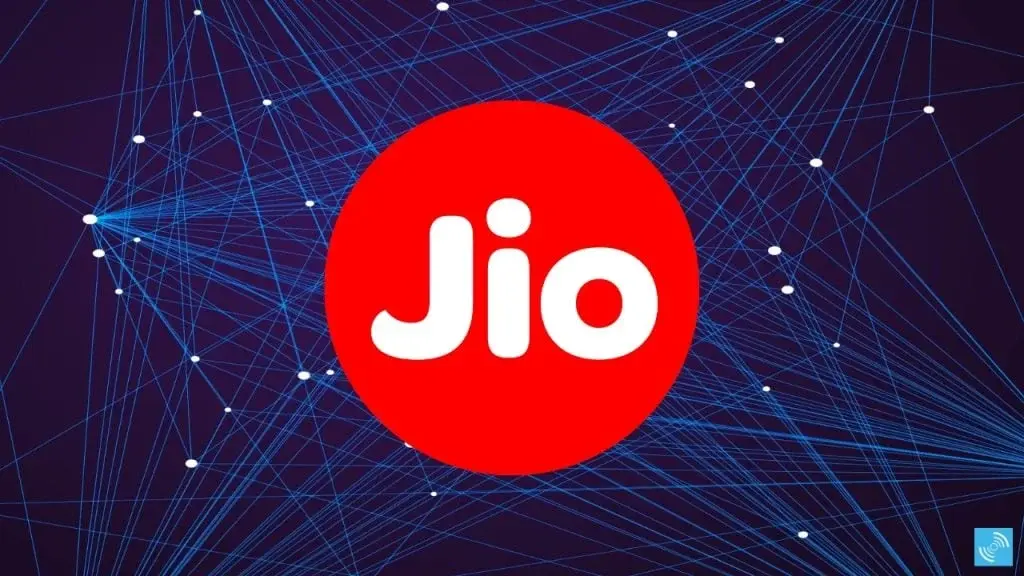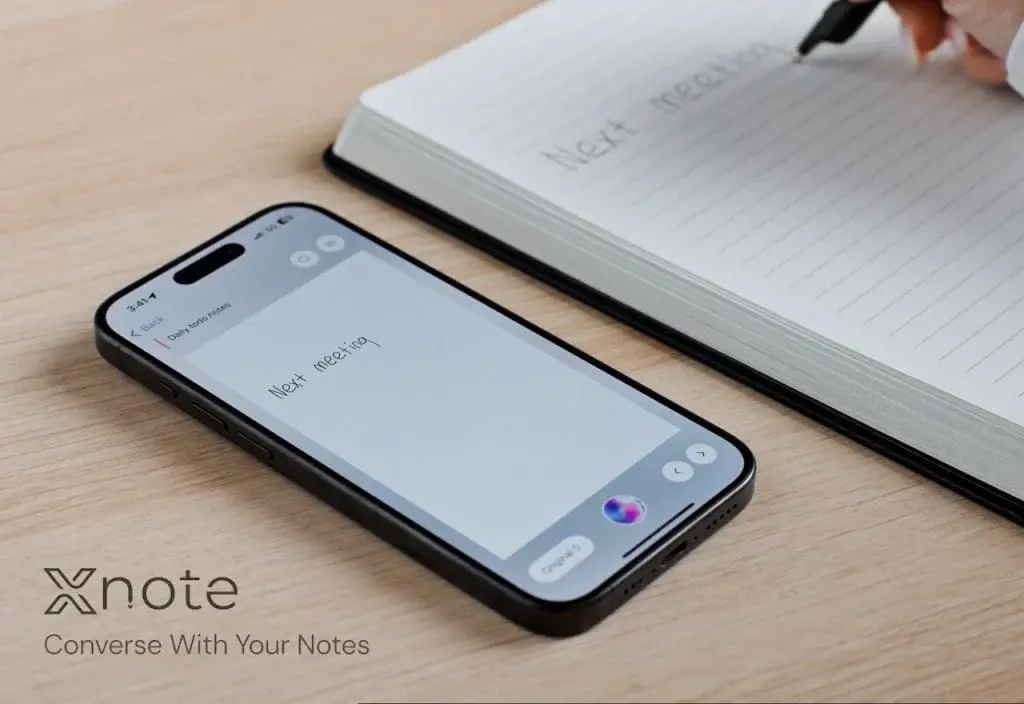Earlier this year, OpenAI launched the ChatGPT application for macOS. After a lengthy wait, the ChatGPT app is now available for Windows 10 and Windows 11. Nevertheless, it appears that the company didn’t invest much effort into its Windows release.
Development Details
As reported by Windows Latest, the Windows version of the ChatGPT app is essentially a web wrapper built within an Electron container. Microsoft suggests using WebView2 for creating web applications. However, OpenAI opted for the Electron framework, which results in a significantly higher resource consumption compared to apps created with WebView2. The report states that Copilot for Windows 11, which utilizes WebView2, is under 600KB. In stark contrast, the Electron-based ChatGPT app takes up nearly 260 MB.
Missed Opportunities
OpenAI could have provided a better experience by developing a native ChatGPT application for Windows as they did for macOS. Instead, they chose to release a web app. This choice seems particularly ironic given Microsoft’s substantial investment in OpenAI. Even if a full native app wasn’t feasible, at the very least, they could have used the WebView2 framework to create a web app that uses fewer resources.
New Features and Limitations
On a brighter side, the ChatGPT app for Windows 11 includes a picture-in-picture mode, allowing users to interact with ChatGPT in a smaller window by pressing Alt+Space.
At present, the app is still in its early development stages, meaning its performance may not be ideal. Additionally, it is currently only accessible to Plus, Team, and Enterprise users.


